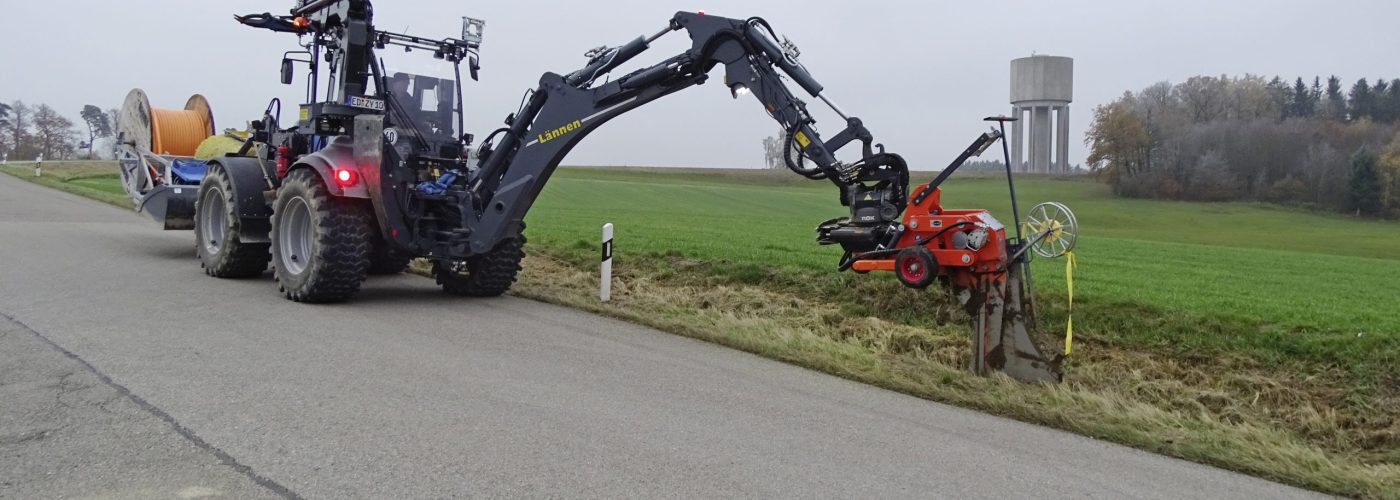ISPs and contractors are being urged to consider smaller and more remote rural communities under the new £5bn Project Gigabit scheme which was extended earlier this month.
The reminder comes from Paul Churm, Fibre Optic Specialist at REHAU, whose organisation is working relentlessly to develop innovative cabling infrastructure products that are designed for longevity and to create efficient installations, halving time and engineer workloads.
Paul also warns that the centralisation of the scheme puts smaller ISPs at risk as they will have to bid against each other within each county, potentially causing overbuild in already-congested areas of the UK.
Paul said: “Overall the extension of the scheme is welcome news for the industry, but caution needs to be paid to some of the more difficult areas to reach. While local councils are now able to top their vouchers up, the increase is variable between jurisdictions. Businesses will inevitably go for the easy low-hanging fruit, however this voucher should encourage ISPs and contractors to move further out into the rural community. It’s up to the supply chain to make a conscious effort to ensure more of the extreme rural hamlets in the UK are acknowledged and brought up to speed, as well as levelling competition for ISPs.”
Local authorities are also now expecting ISPs to build redundancy within new networks to allow for an open-market approach, this is in some cases a pre-requisite for the funding schemes. In which case, REHAU says more innovative installation solutions are required if the UK is to meet its ambitious fibre rollout targets.
Paul continues: “More redundancy means more cable, which means more installation time, and ultimately more risk of things going wrong – particularly when situated in large remote areas. Solutions that are robust and easy to install are therefore critical to minimise inconveniences in these scenarios.”
Some of the most common barriers to implementing fibre cables in rural locations are long horizontal directional drills or direct bury applications without sand bedding. Micro duct design is therefore an important factor in a fibre installation project, yet designs can vary significantly, either enabling or hindering the installation process.
Most micro ducting requires additional materials (i.e. waterproof seals or containers) to cover up connections or break out points, however new generation designs, such as RAUSPEED from REHAU, come with thick-walled micro ducts which means they can go straight into the ground.
RAUSPEED’s success in rural areas has already been demonstrated across the continent, with one such success story coming from a project in Switzerland, whereby the micro ducts used produced great blowing-in results in Europe’s highest valley. The project involved installing high-speed optical fibre connections for a remote village located in the mountains. Naturally, this presented unique challenges associated with rural areas, such as the lack of infrastructure and the practical limitations of laying the miles of cable required, through difficult terrain. These challenges were overcome by using a 288-fibre count cable in a RAUSPEED 16/12 micro duct, which achieved a record single blow length of more than 5km.
Paul added: “You only have to look at the Switzerland case study, which enabled fibre connections with a length of over 80km, to see that choosing appropriate technology with positive properties proves beneficial for any challenging project. With innovations like this, we hope ISPs and contractors can feel empowered to go beyond the low-hanging fruit of Project Gigabit.”
For more information on fibre broadband and REHAU’s telecommunications products, visit: www.rehau.com/uk-en/rehau-uk-telecommunications-and-fibre-networks-fttx







